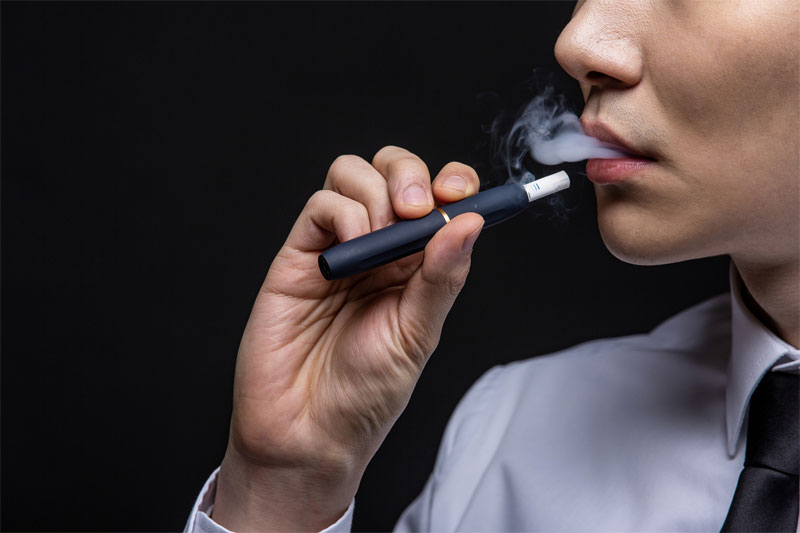The concerns surrounding e-cigarettes largely revolve around the chemicals used in the vaping liquid. These devices heat a liquid containing nicotine, flavoring, and other chemicals, turning it into vapor. Despite the absence of tobacco, the presence of nicotine remains a significant issue, contributing to addiction among users. In recent studies, other chemicals found in e-cigarettes have been linked to lung diseases and other severe health problems.
Impact on Smokers
For smokers who have transitioned to e-cigarettes in a bid to quit traditional smoking, the ban poses a dilemma. On one hand, it removes what many perceive as a lesser evil; on the other hand, it leaves them grappling with limited options for nicotine consumption. This regulatory move might force some back to combustible cigarettes, negating any benefits gained from quitting previously. Health experts suggest alternatives such as nicotine replacement therapies or counseling to aid in the quitting process, yet these solutions require commitment and can often take longer than vaping to show effective results.
Societal Implications
The societal implications of the e-cigarettes ban are multifaceted. On a macro level, it signals a step towards stringent tobacco control measures and prioritizes public health. By curbing the use of e-cigarettes, governments aim to reduce the allure of vaping among younger populations who see it as trendy rather than harmful. As such, the ban intends to prevent a new generation of nicotine addicts, contributing to long-term health benefits and reducing healthcare costs associated with smoking-related diseases.
Despite its intended benefits, the ban is not without criticism, particularly from vaping communities who feel their needs and perspectives are marginalized.
Some argue that such bans impinge on personal freedoms and may lead to the development of an unregulated black market, posing even greater risks.
What Next?
Moving forward, it is crucial to balance health priorities with individual freedoms. Stakeholders must collaborate to find equitable solutions that offer smokers viable alternatives while addressing public health concerns. Emphasis should be placed on evidence-based practices that genuinely help smokers quit rather than unintentionally encouraging the use of traditional cigarettes.
Frequently Asked Questions
- Why are e-cigarettes being banned?
The ban is primarily due to health concerns that e-cigarettes may not be as safe as initially thought, and the aim is to prevent nicotine addiction, particularly among youth.
- What alternatives exist for smokers after the ban?
Smokers can consider nicotine replacement therapies, medications, and behavioral therapies, which have been proven effective for smoking cessation.
- Will the ban affect vaping communities?
Yes, vaping communities may face challenges and feel marginalized. The ban may lead them to seek illegal alternatives or push for regulatory changes that reflect their perspective.
 Though the path forward is challenging, the ultimate goal remains—creating a healthier society while respecting the choices of individuals.
Though the path forward is challenging, the ultimate goal remains—creating a healthier society while respecting the choices of individuals.


